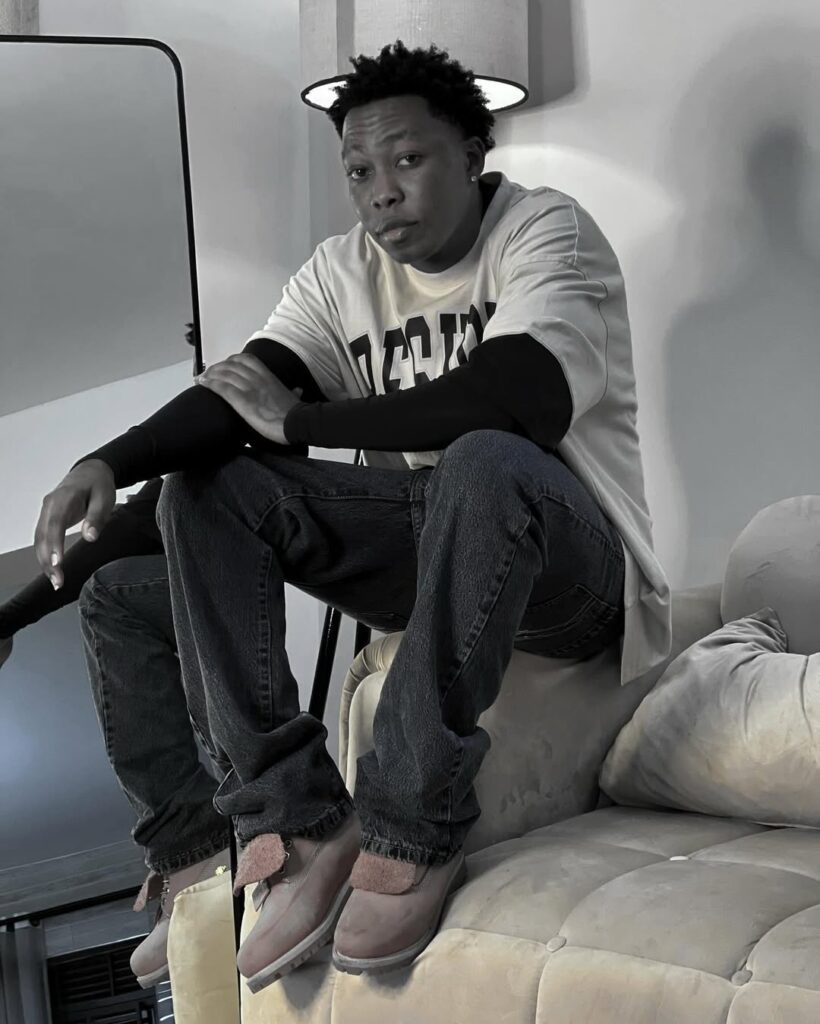Sharon, a woman who claims to have become pregnant after a sexual encounter with Ugandan musician Vyroota, has publicly spoken about her traumatic experience involving an abortion, alleging she was coerced by the artist into terminating the pregnancy. Sharon’s revelations have stirred controversy, particularly as Vyroota is already facing allegations related to procuring abortions in other instances.

Sharon recounts how her encounter with Vyroota in early December led to unprotected sex, after which she was given 30,000 Ugandan shillings by the musician as reimbursement for her transportation. Weeks later, when Sharon began suspecting she was pregnant due to symptoms she was experiencing, she reached out to Vyroota. The two went for a medical check-up where it was confirmed that Sharon was indeed pregnant. Sharon claims that following the confirmation, Vyroota pressured her to have an abortion, despite her initial resistance. After continued pressure, Sharon alleges that Vyroota tricked her into taking abortion pills, which caused her to miscarry and experience considerable physical pain.
Vyroota has reportedly blocked Sharon on social media and changed his contact information, effectively cutting off communication with her. Despite this, Sharon has expressed that she has forgiven Vyroota, despite the harm she claims to have suffered. Sharon’s story has sparked a wider debate about reproductive rights, coercion, and the emotional and physical toll such decisions can have on women. Advocates have emphasized the need for open discussions about consent, coercion, and women’s autonomy in matters related to their bodies.
This incident is one of several allegations involving Vyroota, who has come under fire for his alleged role in pressuring women into abortions. The growing public scrutiny surrounding the musician has brought attention to the broader issue of reproductive coercion, particularly in relationships where power imbalances exist. Sharon hopes that by sharing her experience, she can help others find the courage to speak out against similar treatment.
























